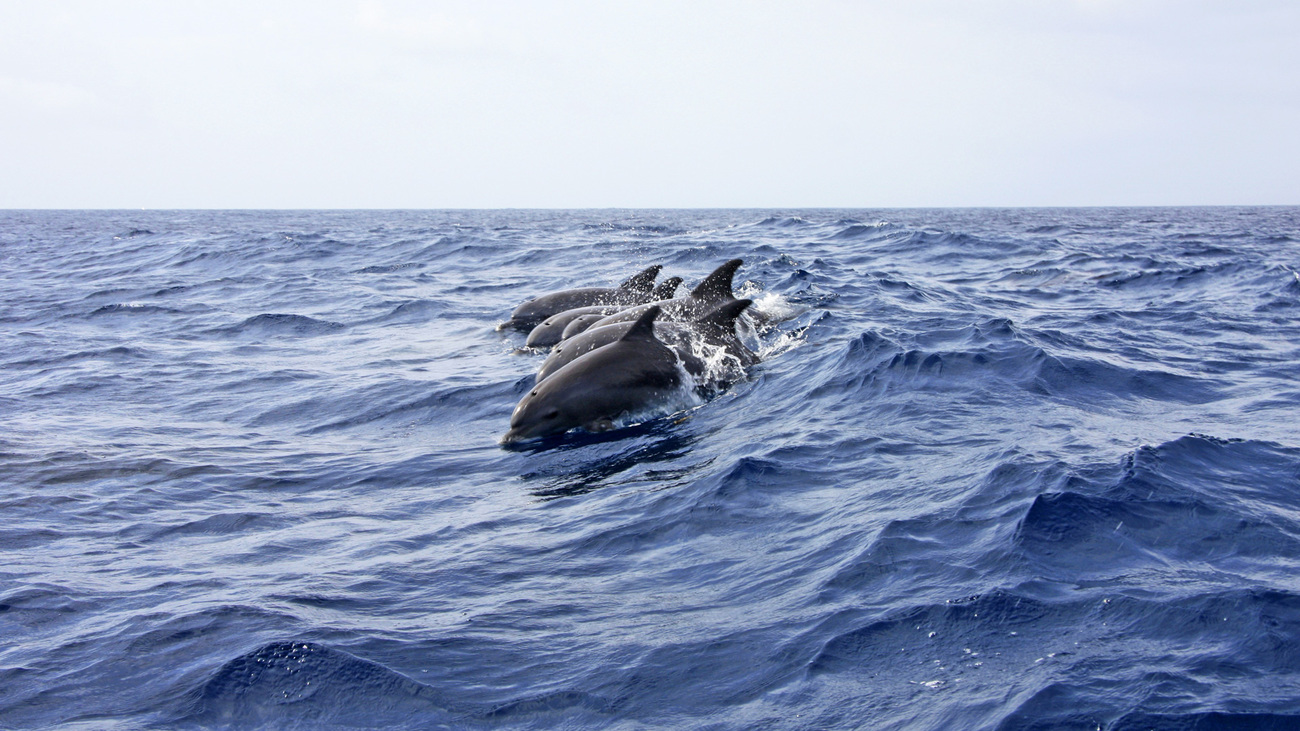EU Ocean Pact: High hopes, weak commitments
EU Ocean Pact: High hopes, weak commitments

Brussels (5 June 2025) - Today, the European Commission published its Ocean Pact, a long-awaited initiative to improve the health of EU seas and support coastal communities. However, while the ambition of the Pact is welcome, the proposal lacks the urgency, clarity, and commitment needed to meet the scale of the triple crisis facing our planet: climate change, biodiversity loss, and pollution.
The Pact fails to set legally binding targets for protecting at least 30% of EU seas by 2030, including 10% under strict protection. It also lacks a clear plan to phase out destructive activities in marine protected areas.
“The Commission has missed the opportunity to put Europe’s seas on a strong, protected path - this Pact doesn’t deliver the ambition or tools we urgently need,” said Ilaria Di Silvestre, Director of Policy and Advocacy, Europe, at IFAW. “What it needs are enforceable goals, proper funding and meaningful action, not just promises.”
Enforcement is another major gap. The Pact’s “Enforcement Strategy” remains vague and lacks the capacity and mechanisms needed to ensure compliance with EU ocean laws. Funding is also uncertain, putting implementation at risk.
IFAW is also concerned about the Commission's plan to present "a guidance document on managing predators". It is crucial to recognise that every species is an essential part of its ecosystem, and using some as scapegoats for long-term policy failures is not supported by science.
An encouraging and welcome aspect of the Pact, however, is the reference to the soon-to-be-launched ‘High Ambition Coalition for a Quiet Ocean’. Commitment to this international initiative signals the EU’s commitment to prioritising and pursuing solutions that address the significant impacts of underwater noise on marine biodiversity. Despite relying on this and other global commitments, rather than leading with its own policies, joining this Coalition does send a strong message that the EU will step up and take action to reduce underwater noise pollution in European waters.
IFAW also considers that the reference to a potential revision of the Marine Strategy Framework Directive (MSFD) is an opportunity to improve its implementation and adopt legally binding measures to achieve good environmental status across EU seas.
Currently, 97% of EU marine areas fall short of that standard. One key factor is continuous underwater noise, mostly from commercial shipping. While efforts to address this have begun, they remain focused on data collection rather than reducing noise at the source.
“Underwater noise is a well-known issue with serious consequences,” said Di Silvestre. “The science is clear. It is now essential to adopt legally binding measures that will deliver real results.”
IFAW’s proposed Blue Speeds solution offers a practical way forward. By reducing ship speeds by just 10%, underwater noise from shipping can drop by 40%, greenhouse gas emissions from the sector by 13%, and the risk of whale collisions by half. Additional benefits include improved air quality and fuel savings for the shipping sector.
“Blue Speeds is a simple, cost-effective measure that delivers for the climate, marine life and human health,” added Di Silvestre. “It has the backing of citizens, ports and shipping companies. Now, the EU institutions need to act.”
IFAW calls on the EU and Member States to establish a detailed EU Ocean Pact dashboard to monitor progress against strong targets with implementable measures, ensuring better enforcement and including concrete actions like Blue Speeds. The EU can still be a global ocean leader and protect its seas and coastal communities for future generations.
Related content
Our work can’t get done without you. Please give what you can to help animals thrive.